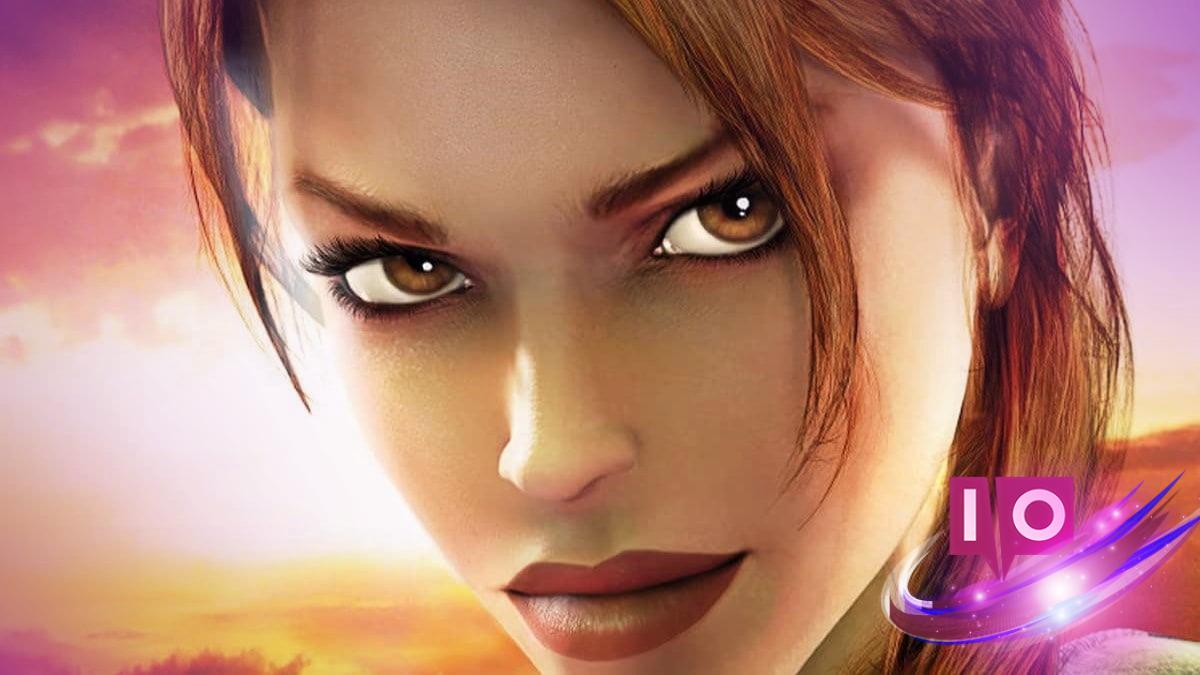In a striking move that has captured the gaming community’s attention, French voice actress Françoise Cadol is taking legal action against Aspyr Media. She alleges that the company has used artificial intelligence to imitate her voice without permission in the recent remasters of Tomb Raider. As the original French voice of Lara Croft, Cadol’s grievance represents a broader concern about the respect and rights of artists in the digital age.
Cadol has voiced her concerns after discovering that her original voice work was replaced in the remastered versions of Tomb Raider IV, V, and VI, released in February 2025. She claims that players informed her about the AI-generated voice lines following an update on August 14, indicating that these changes were implemented without her knowledge.
What Are the Implications of Using AI in Voice Acting?
The use of AI to replicate an artist’s voice raises critical ethical questions. As Cadol states, “It disrespects the audience and creators.” Such shifts in the gaming industry can lead to deeper conversations about the boundaries of technology and creative expression.
What Actions Is Cadol Taking Against Aspyr Media?
Cadol has formally filed a legal notice against Aspyr Media, now under the ownership of Embracer, demanding that the remastered titles be removed from online stores until the situation is addressed. She is represented by Jonathan Elkaim, an attorney specializing in intellectual property and AI issues.
How Have AI Replicas Been Received by the Gaming Community?
Players have expressed dissatisfaction with the AI-generated voice, describing it as “metallic” and “choppy,” lacking the emotional depth needed for immersive gameplay. This feedback highlights a larger concern about the quality of AI in creative roles—one that Cadol believes undermines both the game and its audience.
Will Other Artists Follow Cadol’s Lead?
This incident may just be the beginning of a trend where artists assert their rights against unauthorized AI use. Recently, protests by actors affiliated with SAG-AFTRA in the U.S. have resulted in improved protections for performers. However, on a global scale, similar safeguards are still developing, suggesting that we might witness an increase in such legal battles as AI technologies become more prevalent.
How Do Voice Replications Affect Artists’ Rights?
The ongoing debate around AI’s impact on artists is crucial today. Artists like Françoise Cadol are paving the way for discussions about intellectual property rights in an era dominated by AI. As these technologies advance, their implications for both creative professionals and the industry as a whole will need to be carefully examined.
As this story continues to evolve, aspiring gamers and professionals in the creative fields should remain keenly aware of these developments. The intersection of technology and artistry demands a thoughtful approach; after all, the voices behind the characters we love deserve respect and recognition.
What steps should companies take to ensure they respect artists’ rights when utilizing AI technologies? This question looms larger as cases like Cadol’s play out in the public sphere. It’s imperative that the gaming industry prioritizes ethical practices that honor the contributions of original creators.
Curious to explore more topics related to AI and the gaming community? Continue delving into the discussions at Moyens I/O.
